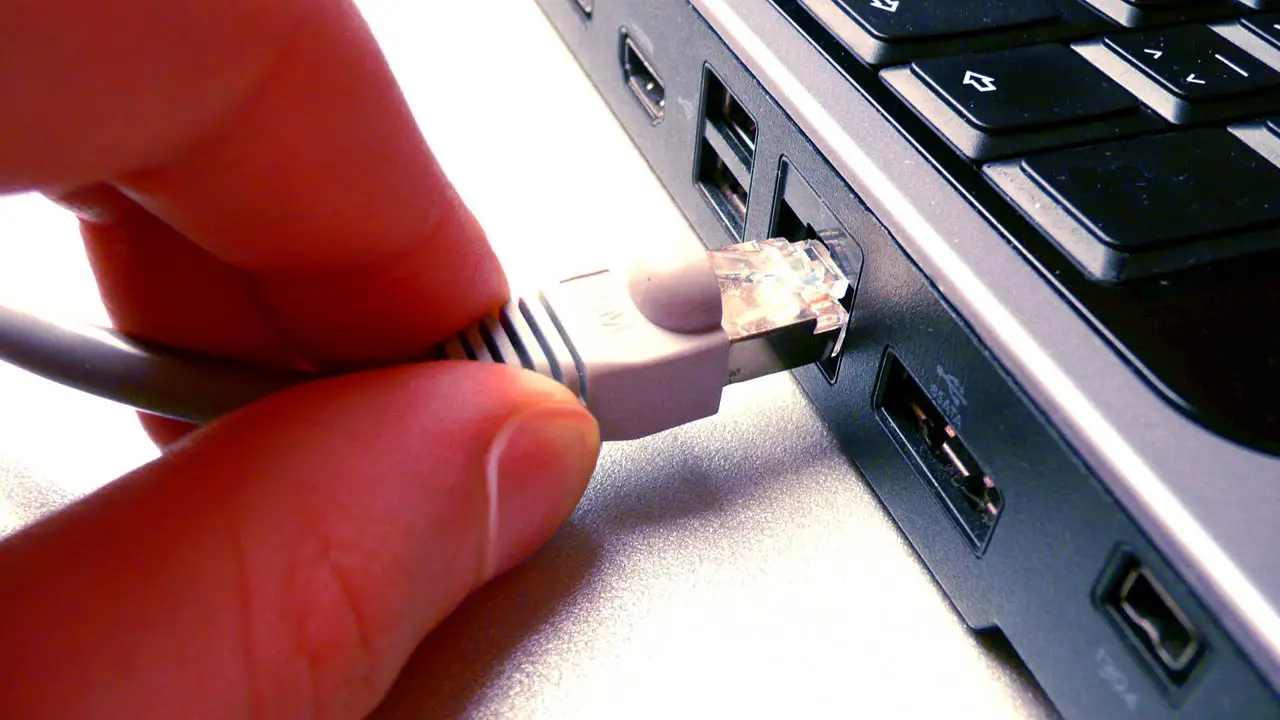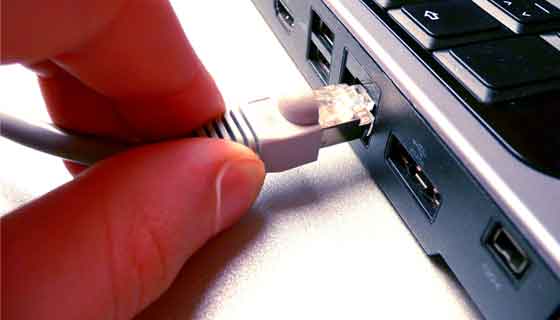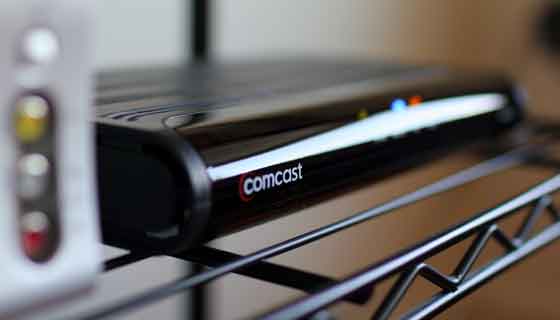Federal Communications Commission chairman Tom Wheeler confirmed on Wednesday that the FCC will have the chance to enact the strongest possible protections for the internet at its February 26 meeting.
In an op-ed for Wired, Wheeler detailed some of the proposals he would present to the FCC, including reclassifying the Internet as a public utility under Title II of the Communications Act — a rule that consumer advocates and proponents of net neutrality have long said is one of the most important ways the FCC can ensure that the Internet remains free of discrimination and paid-prioritization “fast lanes.” Wheeler had recently hinted that he would implement this rule.
But, in an unexpected and welcome surprise for consumer advocates, Wheeler also proposed using those same rules to regulate mobile networks in addition to broadband.
“After more than a decade of debate and a record-setting proceeding that attracted nearly 4 million public comments, the time to settle the Net Neutrality question has arrived,” Wheeler wrote.
He continued:
Using [Title II] authority, I am submitting to my colleagues the strongest open internet protections ever proposed by the FCC. These enforceable, bright-line rules will ban paid prioritization, and the blocking and throttling of lawful content and services. I propose to fully apply—for the first time ever—those bright-line rules to mobile broadband. My proposal assures the rights of internet users to go where they want, when they want, and the rights of innovators to introduce new products without asking anyone’s permission.
The announcement paves the way for the FCC to approve those rules on February 26. If the commission’s decision aligns with Wheeler’s statement on Wednesday, “it will be a watershed victory for activists who have fought for a decade to protect the open Internet,” said Candace Clement and Matt Wood of the internet watchdog group Free Press.
“Only Title II gives the FCC the legal foundation it needs to guarantee such protections and carry them over to broadband,” said Clement and Wood.
Wheeler’s announcement carried a similar message.
“The Internet wouldn’t have emerged as it did, for instance, if the FCC hadn’t mandated open access for network equipment in the late 1960,” he wrote.
Wheeler’s final position on the issue is a significant turnaround from his original stance, as he initially proposed allowing fast lanes—giving Internet Service Providers the right to charge online companies higher fees for speedier website loading times—as long as they passed a “commercial reasonableness” test.
But a massive public outcry that saw consumers send a record-breaking number of comments to the FCC objecting to that proposal. The final push came when President Barack Obama in November announced his support for reclassifying the internet under Title II and protecting “one of the most significant democratizing influences the world has ever known.”
“The internet must be fast, fair and open. That is the message I’ve heard from consumers and innovators across this nation,” Wheeler wrote. “That is the principle that has enabled the internet to become an unprecedented platform for innovation and human expression. And that is the lesson I learned heading a tech startup at the dawn of the internet age.”
With only two conservative commissioners on the five-person FCC panel, the proposal is likely to pass. However, cable and service giants like Verizon and AT&T have vowed to challenge the FCC in court over the regulations, while some Republicans in Congress are attempting to pass legislation that would strip the FCC of much of its power.
This article originally appeared on Common Dreams.
Image Credit: Photosteve101, flickr










